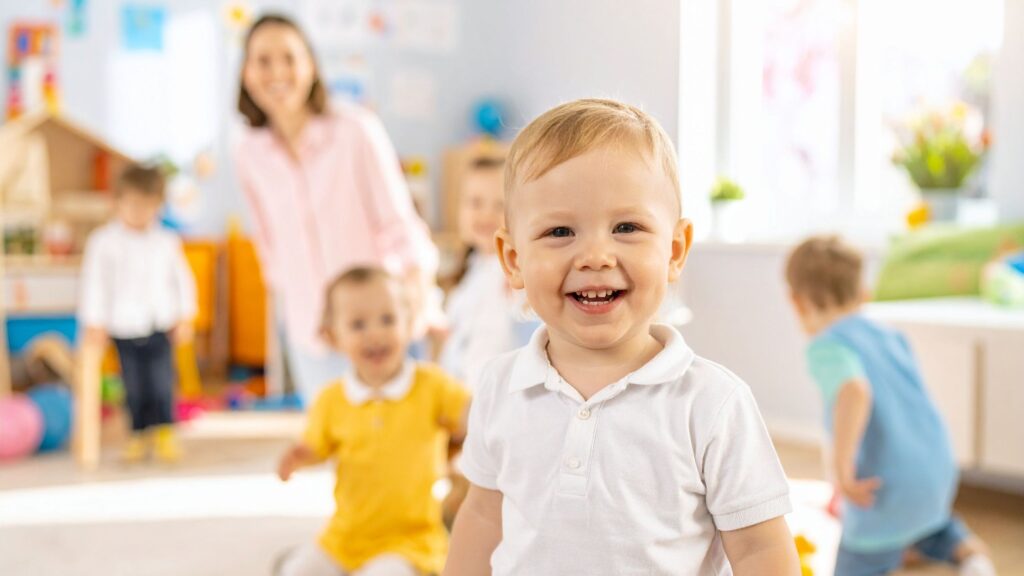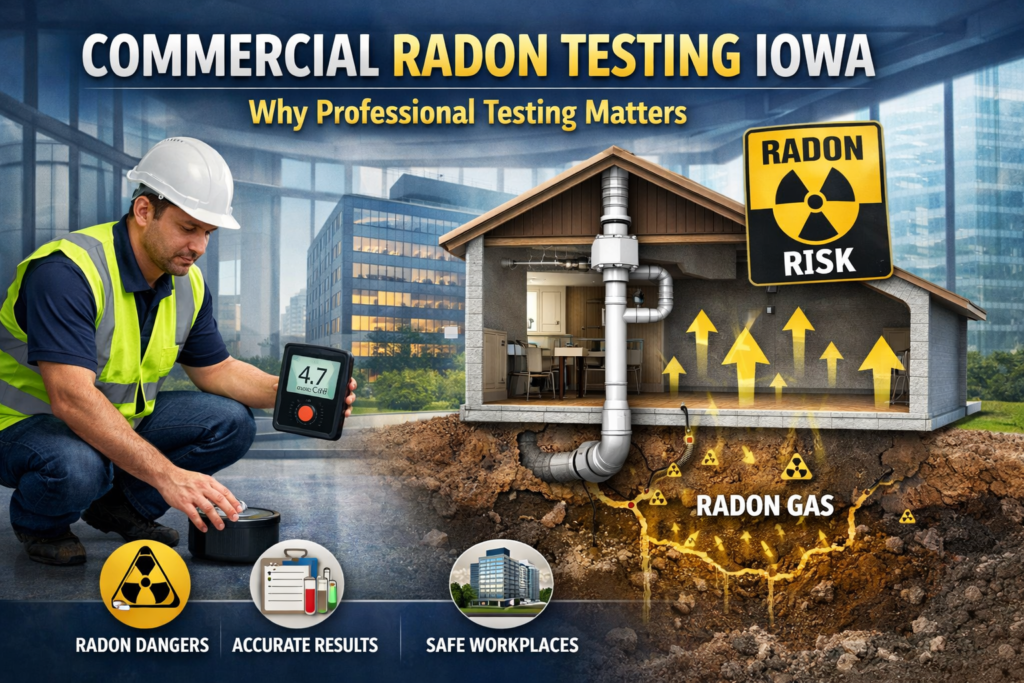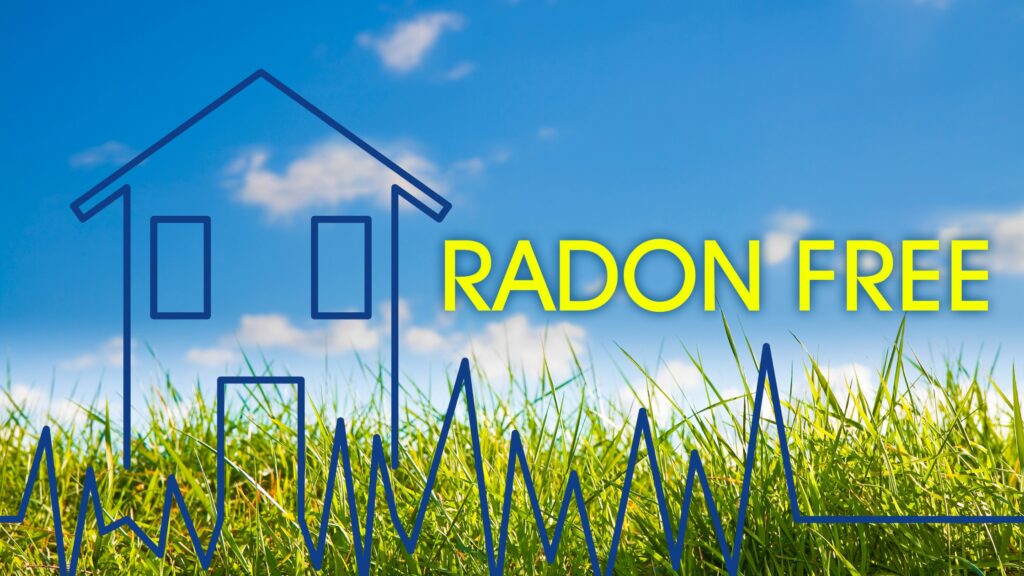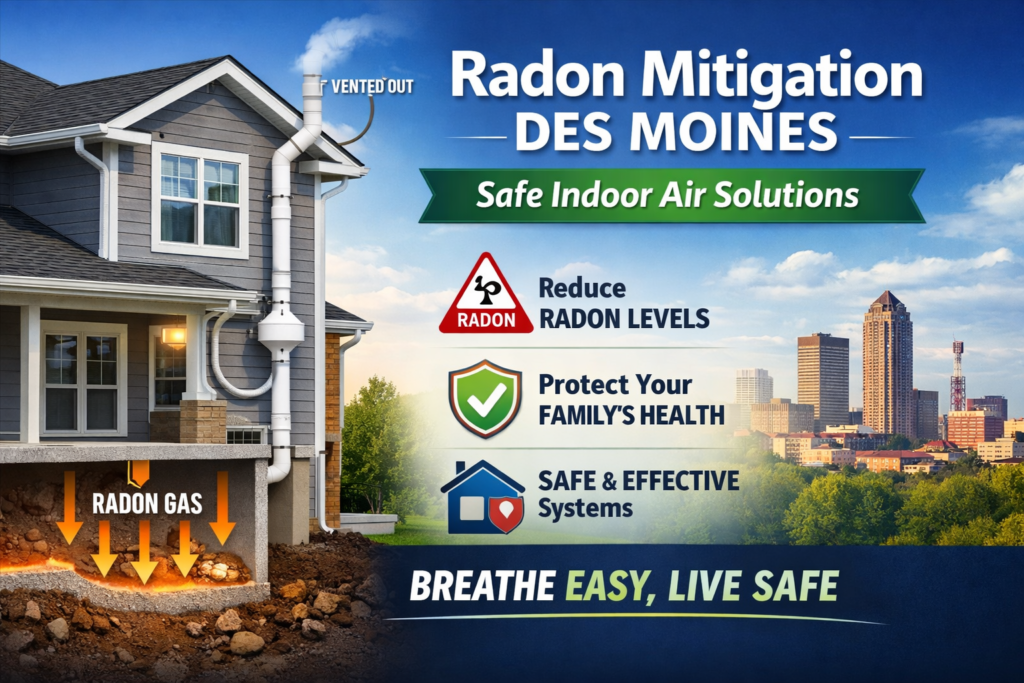Creating a safe environment for children in daycare goes beyond providing play mats and healthy snacks. For daycare owners and managers in Iowa, one important safety check is often forgotten: radon. In this article, we’ll explain why radon testing for daycare centers in Iowa is essential, how it impacts the health of children, and how to work with a reliable specialist to ensure safety.
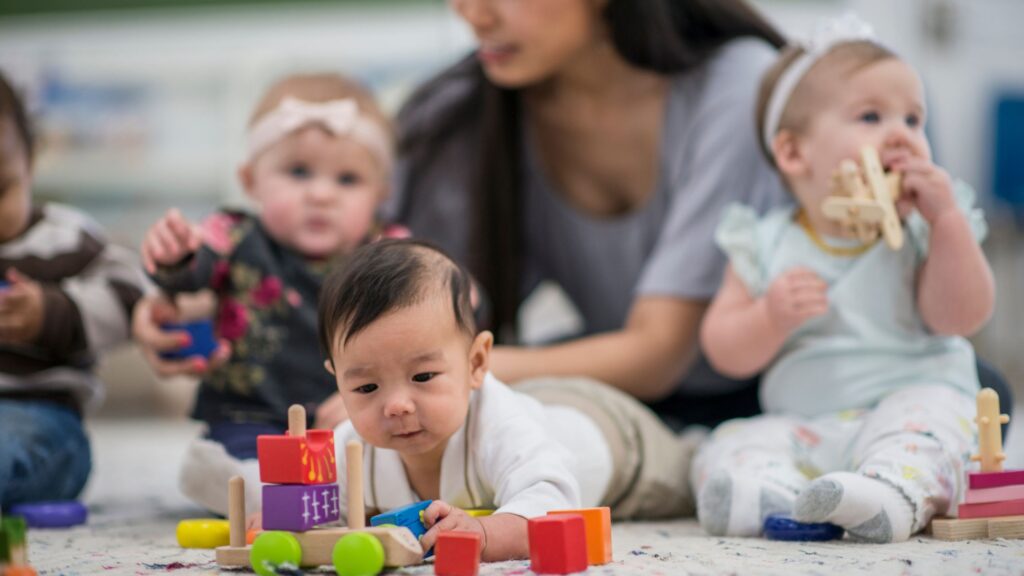
Why Radon Matters in Daycare Settings
Daycare centers are where children grow, learn, and play for hours each day, making indoor air quality a top priority. One hidden danger in the air is radon gas. The term “radon testing for daycare centers in Iowa” should be a call to action for daycare owners. As children are especially vulnerable to air quality issues. As a daycare provider, it’s your responsibility to ensure the safest environment possible. By addressing this risk and prioritizing radon testing, you show you’re taking proactive steps to protect the children in your care.
Understanding Radon And Its Risks In Iowa
Radon is a naturally occurring radioactive gas that forms from the soil and rock beneath buildings. It’s invisible, odorless, and tasteless, yet long-term exposure has been linked to an increased risk of lung cancer. In Iowa, the risk is especially high, as the entire state is considered a high radon zone, with many buildings surpassing the U.S. Environmental Protection Agency (EPA) action level of 4.0 pCi/L.
For daycare centers, the risks are even more concerning. Children’s developing lungs, faster breathing rates, and the many hours spent indoors make them more vulnerable to radon exposure. What might be an acceptable risk in a home environment becomes a major concern in a daycare setting. This is why radon testing for daycare centers in Iowa is not optional—it’s a critical part of your safety plan.
How to Implement Radon Testing For Daycare Centers in Iowa
Here’s a step-by-step guide to implementing radon testing for daycare centers in Iowa in your facility:
Step 1: Select a Certified Testing Professional
Choose a qualified radon measurement specialist who meets Iowa’s certification standards to ensure accurate and reliable testing.
Step 2: Plan the Testing Schedule
For new daycare centers, test for radon within one year of opening and retest every two years. If major renovations take place (such as foundation changes or ventilation upgrades), consider retesting sooner to account for any changes in radon levels.
Step 3: Choose Test Type and Placement
There are short-term and long-term radon tests. Make sure the test covers the primary spaces where children spend time. Such as playrooms, nap rooms, and offices, and follows the required standards for larger buildings.
Step 4: Act on Results
If the test results show radon levels above 4.0 pCi/L, initiate mitigation immediately. The goal of testing is not just to gather data, but to reduce the exposure risk for children and staff.
Step 5: Document and Communicate
Keep detailed records of the test date, results, and any actions taken. This documentation not only ensures compliance but also reassures staff, parents, and regulators that you are prioritizing radon testing for daycare centers in Iowa and the safety of children in your care.
By following these steps, you transform your intention to protect the children into measurable actions, ensuring the safe and responsible operation of your daycare center. Learn more about Radon Safety After Your HVAC Upgrade.
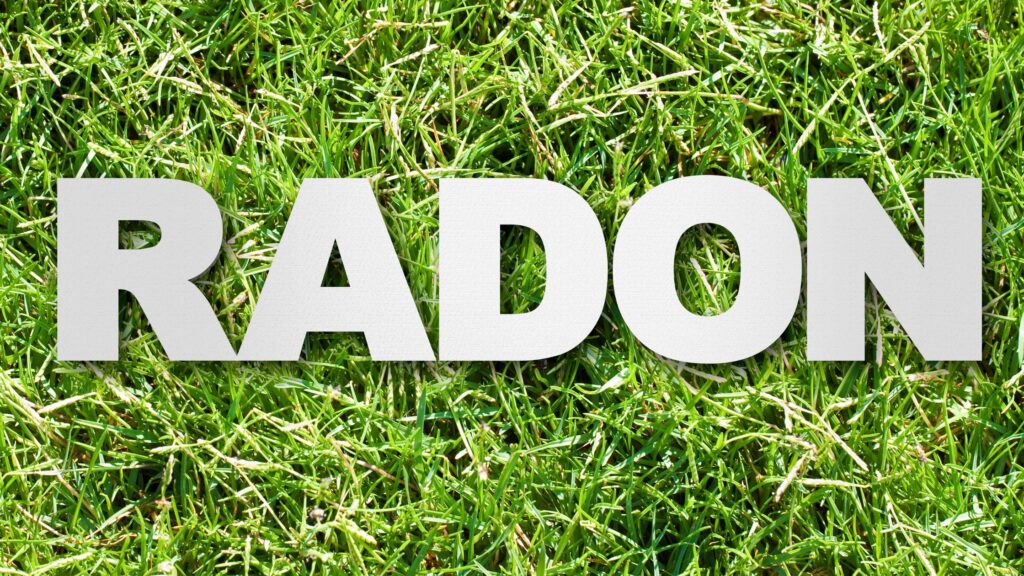
Partnering With a Certified Radon Testing And Mitigation Provider
A top provider in the region is Des Moines Radon (DSM Radon), offering professional radon testing and mitigation services for both commercial and residential projects throughout the Des Moines metro area. When selecting a partner for radon testing for daycare centers in Iowa, consider these key factors:
- Certified radon measurement specialists and mitigation experts.
- Clear communication about the process and timelines.
- Experience with commercial or institutional buildings (not just residential).
- Comprehensive documentation and reporting services.
Choosing a trusted partner ensures you not only test for radon but also accurately interpret the results. Address any issues, and maintain compliance with safety regulations.
Best Practices And Ongoing Monitoring
Given the high-risk environment in Iowa and the vulnerability of children in daycare centers, it’s crucial to incorporate radon safety into your ongoing operations:
- Ensure ventilation is maintained: Proper airflow helps reduce radon buildup by keeping air circulating and reducing trapped gases.
- Retest after renovations or structural changes: Any changes to flooring, foundations, or HVAC systems can impact radon levels. So it’s essential to retest.
- Educate staff and stakeholders: Make sure everyone, from staff to parents, understands the importance of radon testing for daycare centers in Iowa and its impact on health.
- Store and share results: Keep thorough records of test results and share them with parents or relevant authorities to ensure transparency.
- Budget for mitigation when needed: Although this article avoids discussing costs, it’s essential to plan for mitigation if test results exceed safe levels.
- Communicate proactively: Being open and transparent about your radon testing program fosters trust and reassures parents and the community about the safety of the daycare.
By maintaining vigilance with radon testing for daycare centers in Iowa, you don’t just react to potential risks—you actively prevent them. Ensuring the ongoing safety of the children in your care.

Conclusion
Radon is a silent and invisible risk that often goes unnoticed, but by addressing it head-on with thorough radon testing for daycare centers in Iowa, you significantly elevate the safety standards of your facility.
By following the structured steps outlined above—choosing a certified testing professional, planning regular testing, and taking immediate action on results. You can ensure your daycare center is free from this harmful gas. Partnering with a trusted specialist, like Des Moines Radon, will provide the expertise to accurately interpret test results. Implement effective mitigation, and keep your facility in compliance with safety standards.

